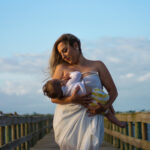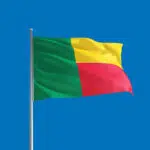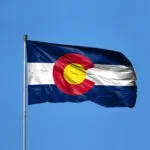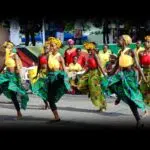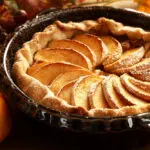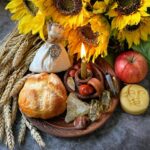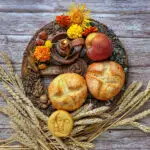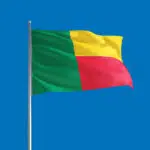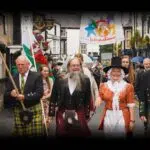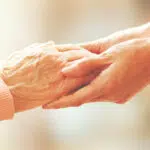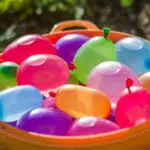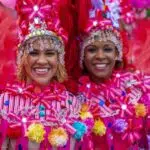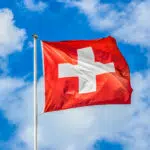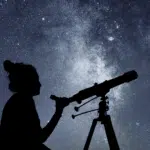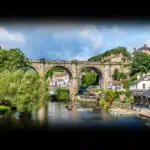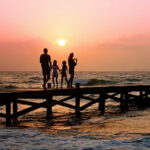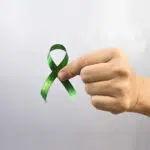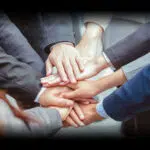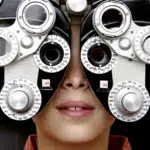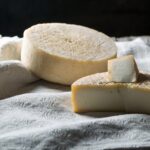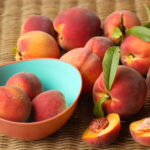Swiss National Day, celebrated on August 1, is the country’s national holiday. Although the Swiss Confederacy was founded on this date in 1891 and has been celebrated annually since 1899, it has only been an official holiday since 1994.
Switzerland is a mountainous Central European country boasting several surreal lakes, villages, and the majestic Alps peaks. Its cities have medieval quarters and landmarks, such as the Zytglogge clock tower in Bern and the wooden chapel bridge in Lucerne. Furthermore, the country is renowned for its excellent ski resorts and adventurous hiking trails. Banking is an important industry, and Swiss watches and chocolate are well known around the globe.
History of Switzerland National Day
Every year on August 1, there are bonfires, paper lantern parades, fireworks, and Swiss flags swaying in the breeze. Swiss National Day was first established in 1891, yet it took more than a century for the hardworking Swiss to decide to hold a vote and give themselves the day off.
Switzerland is a mountainous landlocked country in South-Central Europe bordered by Austria, France, Germany, Italy, and Liechtenstein. With a geographic area of 41,285 square kilometers, the country is slightly smaller than the Netherlands and nearly twice the size of New Jersey in the United States.
Switzerland has fewer than 8.7 million people; the capital city is Bern, and the largest city is Zürich. German, French, Italian, and Rumantsch are the languages spoken in the country’s several regions, called cantons. According to the World Happiness Report 2021, the Swiss Confederation is the third-happiest nation on the planet, trailing only Finland and Denmark.
Geographically, the country is divided into three primary regions: the Swiss Alps in the south, the Alps in the north, and the Alps in the east. The Alps fade into the Swiss Plateau, which has a panorama of rolling hills, plains, and huge lakes. The Jura, a sub-alpine mountain range, lies to the northwest along the French/Swiss border.
Almost the entire country is a vacation destination. Switzerland features exquisite scenery with snow-capped mountains and ice-cold mountain lakes, melting glaciers, and mountain pastures that are ideal for downhill skiing in the winter. The relatively small country has four official languages as well as the world’s longest policy of military neutrality. The weather provides four distinct seasons that dramatically alter the scenery.
Switzerland National Day timeline
The Swiss gain independence from the rule of the Holy Roman Empire.
Switzerland is established as a federal state under a new constitution.
With 66% of the vote, a referendum guaranteeing women the right to vote in federal elections is approved.
Switzerland becomes a member of the United Nations, an intergovernmental organization dedicated to world peace and economic growth.
Switzerland National Day FAQs
Is English spoken in Switzerland?
English is the most widely spoken non-national language in Switzerland, with over 45% of the population frequently speaking it.
What is Switzerland well known for?
When we think of Switzerland, we immediately think of ski resorts, lakes, chocolate, and cheese. The Alps mountains provide the ideal backdrop for Swiss people to raise cattle and create cheese and chocolate. They also make excellent ski trails and winter resorts.
What is the reason behind Switzerland's lack of capital?
Switzerland, unlike many other countries, did not have a genuine capital for many years. This was because it was a confederation for a long time, an association of separate cantons gathered together in a bigger body but without true cohesiveness.
Switzerland National Day Activities
Organize a family reunion
Celebrate by organizing large family reunions and barbecues. Communities throughout Switzerland mark the anniversary with bonfires, fireworks, and parades.
Participate in prayers and singing
Prayer and the singing of the Swiss anthem are part of the official festivities (the Schweizerpsalm). Church bells sound around the country at 8:00 p.m.
Fly the Swiss flag
No Swiss National Day celebration is complete without the Swiss flag. Wear the red and white with pride!
5 Interesting Facts About Switzerland
The Swiss Wed Late
A U.N. survey lists the average marriage age among Swiss people as 29.5 for females and 31.8 for males.
There are 7,000 lakes in Switzerland
Switzerland's lakes are excellent for swimming and there are plenty to pick from.
The right to bear arms
Switzerland boasts one of the highest gun ownership rates among industrialized countries.
Diminutive
Switzerland has a land area of 15,942 square miles and a population of 8.67 million people.
The Lowest Obesity Rate in Europe
Switzerland is a fantastic place to live a healthy lifestyle.
Why We Love Switzerland National Day
Celebrating Swiss culture
Swiss National Day is a celebration of Swiss achievement and excellence. The observance is a time to reflect on the country’s contribution to the global community.
Celebrating the fight for independence
Throughout the year, different countries all over the world commemorate their independence days to remind various peoples of the struggles they had to endure to obtain freedom. These celebrations also have an educational value for the younger generation.
Inspiration for the future
Often, achieving independence necessitates the sacrifice of thousands of lives. Every year, politicians seek to foster peace by commemorating Independence Day and paying honor to those who have died.
Switzerland National Day dates
| Year | Date | Day |
|---|---|---|
| 2025 | August 1 | Friday |
| 2026 | August 1 | Saturday |
| 2027 | August 1 | Sunday |
| 2028 | August 1 | Tuesday |
| 2029 | August 1 | Wednesday |

